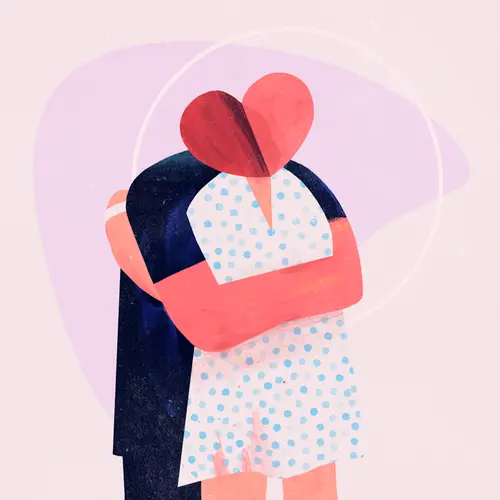"You have breast cancer."
This year, nearly 250,000 women in the U.S. will hear those words.
Last year, Zunilda Guzman was one of them.
"I was devastated," says Guzman, 39. "I wanted the world to end."
But Guzman, mother to a 9-year-old daughter, knew she couldn't let that happen. And neither did any of the other nine breast cancer survivors interviewed by WebMD as part of a special project for Breast Cancer Awareness Month.
Their stories relay important messages about prevention, screening, and of taking charge of your treatment and your health. They also relay a more emotional side of the story: how to deal with losing one, or maybe both, of "the girls."
And what they show, regardless of circumstances, is that these women were remarkably matter-of-fact when faced with that reality.
"My breasts didn’t mean that much to me that I would give up my peace of mind," says Pamela Cercero, 51, who had her breasts removed even though she didn’t even have the disease. Breast cancer runs in her family, and she tested positive for a gene mutation known to make breast and ovarian cancer more likely.
"It was like, here's what you need to do, and I really did not want to die," says Jenee Bobbora, 39, who had a double mastectomy after her diagnosis.
These women also illustrate a more hopeful side of the breast cancer story: that the survivor ranks are growing, and now number about 2.5 million, according to the American Cancer Society. That reflects in part the fact that there is a routine screening test – mammography – for breast cancer. MRI and ultrasound can also help find the disease early, when the odds of survival tend to be best.
Breast cancer treatment has also come a long way over the years, saving countless lives. Researchers keep pressing for better drugs and earlier diagnoses.
But those facts don’t tell the whole story.
"When it happens to you," says Erica Seymore of Miami, "it's how you deal with it, I think, that really defines your character. It's easy for all of us to be like, 'it's the end of the world,' or 'I don't know how I'm going to get through this," but for me, myself, personally, -- and I would say for anybody – you have to rely on your faith, your family, and your friends to see you through these things."

